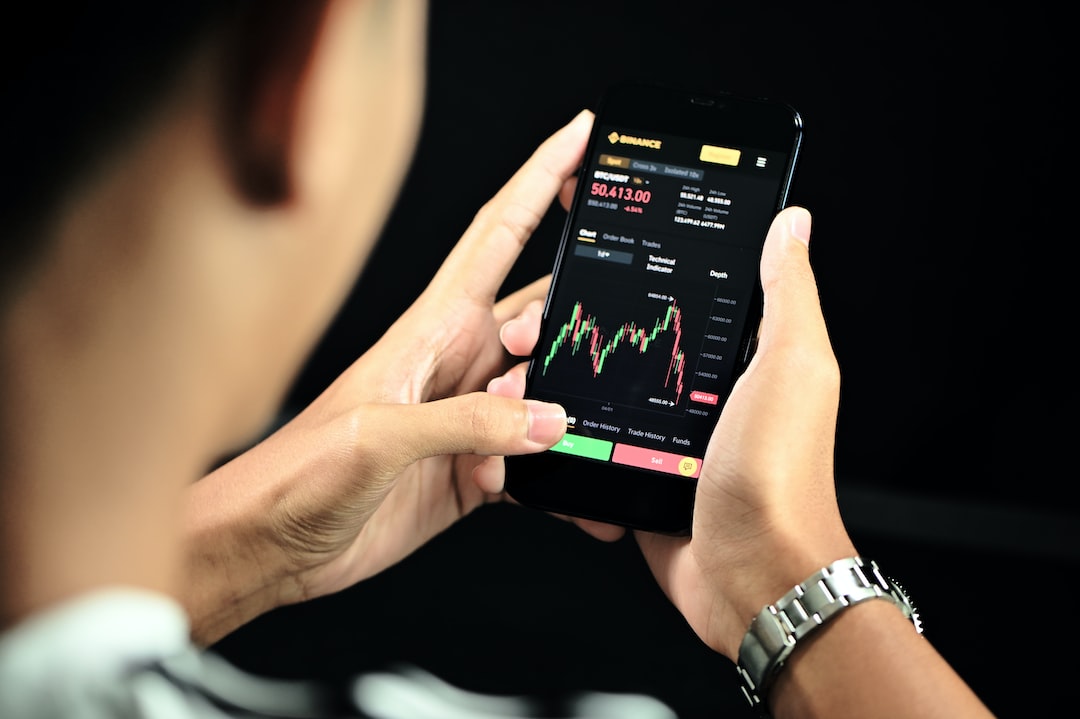Solana Introduces Confidential Transfers for Enhanced User Privacy
Solana, a layer 1 proof-of-stake blockchain, has released its version 1.16 update, which includes a new feature called “Confidential Transfers.” This update aims to enhance user privacy by encrypting SPL token transactions on the network. Confidential Transfers allows users to make blockchain transactions without revealing key details such as the transaction amount. The feature utilizes zero-knowledge proofs to encrypt the balances and transaction amounts of Solana Program Library (SPL) tokens, similar to ERC-20 tokens on Ethereum. This improvement focuses on confidentiality rather than anonymity, providing users with enhanced privacy.
Other Benefits of the Update
In addition to Confidential Transfers, the version 1.16 update brings several other improvements. It enhances Solana’s zero-knowledge support by introducing a feature that generates proofs more efficiently. This helps bridge the compatibility gap with Ethereum and offers better security and privacy features. The update also reduces RAM usage hardware requirements for validators, improving performance. Furthermore, it introduces a refined gossip pull-requests peer sampling system and a new repair request feature to optimize network operations.
Implications for Exchange Listings
The introduction of native privacy features on Solana may have implications for exchange listings. Some jurisdictions have forced privacy coins to be delisted due to local regulations. For instance, Binance delisted privacy coins in Belgium, France, Italy, Poland, and Spain. It remains to be seen how Solana’s confidential transfers will be received by exchanges in different regions.
Hot Take: Solana Enhances Privacy with Confidential Transfers
Solana’s version 1.16 update introduces Confidential Transfers, a new feature that enhances user privacy by encrypting SPL token transactions. This update provides users with the ability to make blockchain transactions without revealing key details, such as the transaction amount. In addition to this privacy enhancement, the update brings several other benefits, including improved zero-knowledge support, reduced hardware requirements for validators, and optimized network operations. However, it remains to be seen how these native privacy features will be received by exchanges in jurisdictions with strict regulations on privacy coins.





 By
By
 By
By
 By
By
 By
By
 By
By